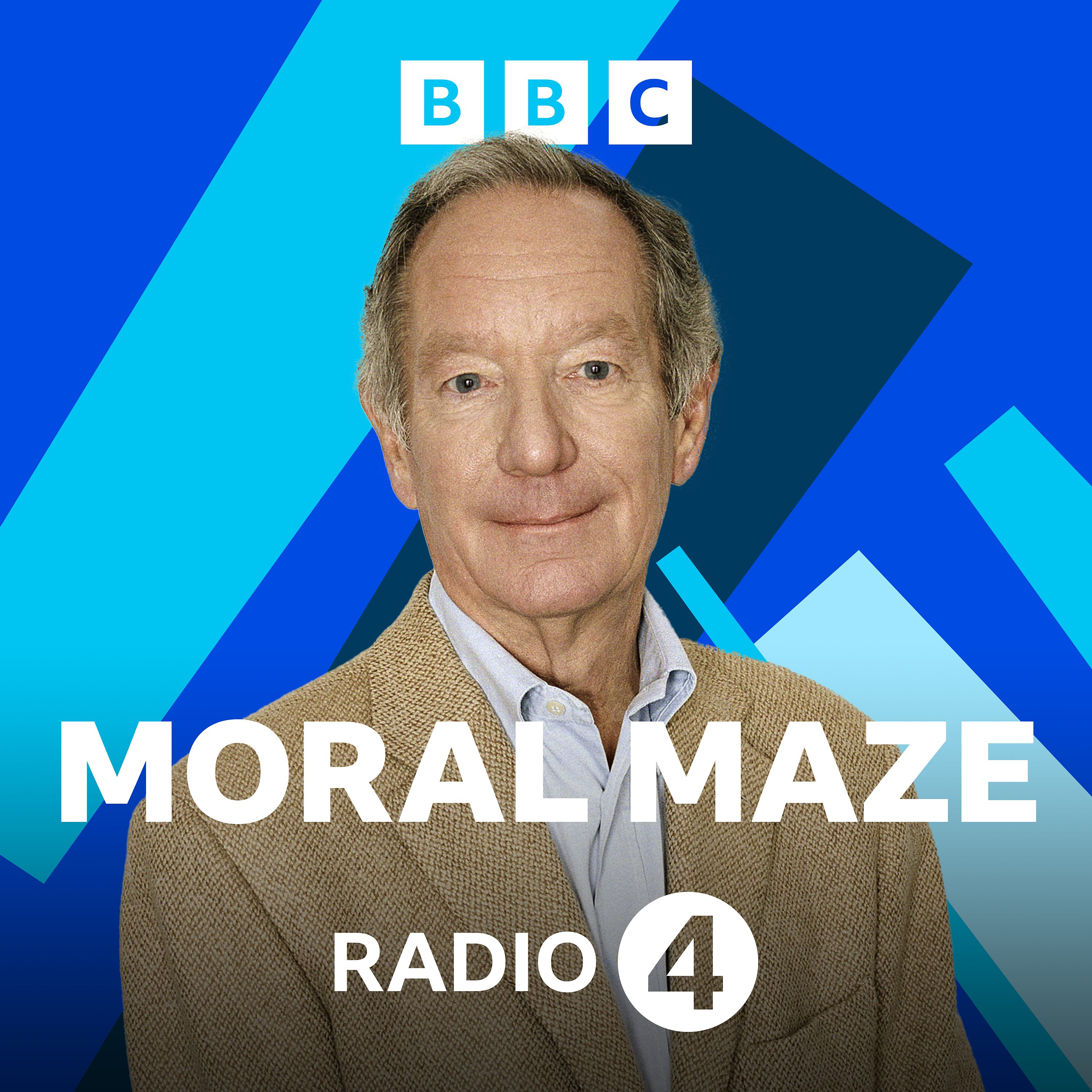- religion
- SEE MORE
- classical
- general
- talk
- News
- Family
- Bürgerfunk
- pop
- Islam
- soul
- jazz
- Comedy
- humor
- wissenschaft
- opera
- baroque
- gesellschaft
- theater
- Local
- alternative
- electro
- rock
- rap
- lifestyle
- Music
- como
- RNE
- ballads
- greek
- Buddhism
- deportes
- christian
- Technology
- piano
- djs
- Dance
- dutch
- flamenco
- social
- hope
- christian rock
- academia
- afrique
- Business
- musique
- ελληνική-μουσική
- World radio
- Zarzuela
- travel
- World
- NFL
- media
- Art
- public
- Sports
- Gospel
- st.
- baptist
- Leisure
- Kids & Family
- musical
- club
- Culture
- Health & Fitness
- True Crime
- Fiction
- children
- Society & Culture
- TV & Film
- gold
- kunst
- música
- gay
- Natural
- a
- francais
- bach
- economics
- kultur
- evangelical
- tech
- Opinion
- Government
- gaming
- College
- technik
- History
- Jesus
- Health
- movies
- radio
- services
- Church
- podcast
- Education
- international
- Transportation
- Other
- kids
- podcasts
- philadelphia
- Noticias
- love
- sport
- Salud
- film
- and
- 4chan
- Disco
- Stories
- fashion
- Arts
- interviews
- hardstyle
- entertainment
- humour
- medieval
- literature
- alma
- Cultura
- video
- TV
- Science
- en
The Ethics of the Family

b'
While no family is likely to have such a public falling out, anyone can surely relate the royal rift to tensions within their own family \\u2013 the grudges, rivalries and feelings of betrayal. Prince Harry\\u2019s words, \\u201cI would like to get my father back, I would like to have my brother back\\u201d, reveal the depth of hurt experienced by all involved. Families are places of nurturing and wounding; moral networks where expectations of love and loyalty are tested. When the often inevitable strife ensues, are our moral obligations to our family conditional or unconditional?
It\\u2019s often argued that there is something uniquely special about family bonds; that blood is thicker than water. Family members are the only people in our lives that are permanent and unchosen, they have known us since the beginning, and that connection can be grounding and valuable in helping us understand ourselves. We might feel instinctively that adult children have obligations to their aging parents, simply by virtue of them being a parent. Alternatively, we might see the relationship as contractual, where obligations are based on the love received \\u2013 or the damage done \\u2013 growing up. Or, we might believe we don\\u2019t owe our families anything, regardless of how much we have benefitted from the relationships, and that our ties with family are no different to any other friendship. Moreover, many philosophers challenge the idea that we have special duties to someone just because we share their genetic material \\u2013 by that logic, adopted children would have obligations to their biological parents who they\\u2019ve never met.
As the 21st century definition of \\u2018family\\u2019 widens, what are our ethical commitments to our family?
Producer: Dan Tierney.
'